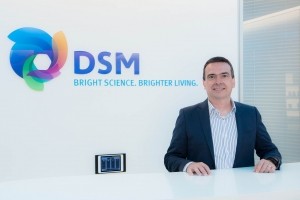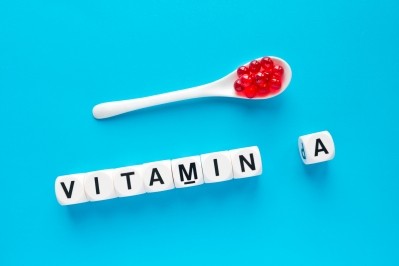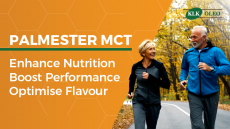DSM: Nutrition consciousness should reach 'maturity' within 5 years across LATAM

Present in Latin America since the 1980s through its materials business, Royal DSM entered human nutrition and health in the region in 2003, through its acquisition of Roche Vitamins & Fine Chemicals. The nutrition major now operates four premix plants in Mexico, Colombia, Brazil and Guatemala and does direct business with about 16 of the region's countries.
Speaking to NutraIngredients-LATAM, Luiz Magalhaes, VP of human nutrition & health LATAM at DSM, said growth plans for the region aligned with the company's global strategy.
“Our target growth, on a global perspective, is at least 5% in terms of business and that's no different in Latin America, year over year,” Magalhaes said.
The company would do much of this organically, he said, but also had “money to invest” if a merger or acquisition opportunity came up in line with DSM's strategy and portfolio.
Latin America currently represented about 10% of DSM's human nutrition and health business globally, he said, and Brazil and Mexico the largest markets due to size and population numbers.
“We have no doubt that Latin America is an important area for us and we'll continue in the region because we understand there's still a lot of potential to come in the region, even with all the challenges we face.”
Macro changes and consumer communication
Magalhaes said there were two main challenges working in the region, the first being constant macro changes.
“Everything changes from one day to another, dramatically. This is Latin America and you need a special skill to be adaptable with this change,” he said. “We have issues with the economy; we have a different government in Brazil and Mexico; there are a lot of changes and it's not easy to follow. It will be a challenge because the macro scenario could change from one day to another.”
Communicating the benefits and importance of micronutrients with Latin American consumers was another significant challenge, he said.
Maria-Fernanda Elias, communication manager for LATAM at DSM, said: “Because of the high level of obesity in Latin America, all the media is totally focused on that. So, people are taking care of the amount of calories, energy, sugar and salt they get, due to chronic diseases that are related to obesity, and they forget about the essential nutrients – the vitamins, minerals, fatty acids.”
Magalhaes agreed and said this was fueled by what industry focused on. “Somewhat the industry forgets about the importance of the micronutrient elements. ...This is an endless battle we need to make in the market but it's a battle that deserves our attention.”
'We are in a phase here in Latin America'
Magalhaes said within five years, Latin America's health and nutrition market would evolve to reach “maturity” and in the meantime, growth presented a “great opportunity” to develop the best products and partnerships for the market.
“We are in a phase here in Latin America, different from mature markets like the USA and Europe. We are perhaps some years behind in terms of the nutritional knowledge in the population, also in the use of supplements.”
“...But, in Latin America, this kind of nutrition mindset and consciousness is something that's increasing year over year. Compared to the USA, we are not at the same level. For example, American citizens buy a lot of supplements; the supplements market is huge because they know the value of this product. In Latin America, this is still growing but it's growing fast.”










